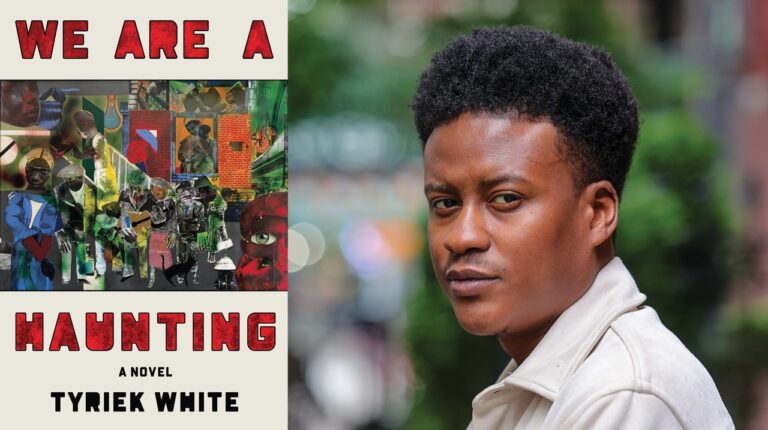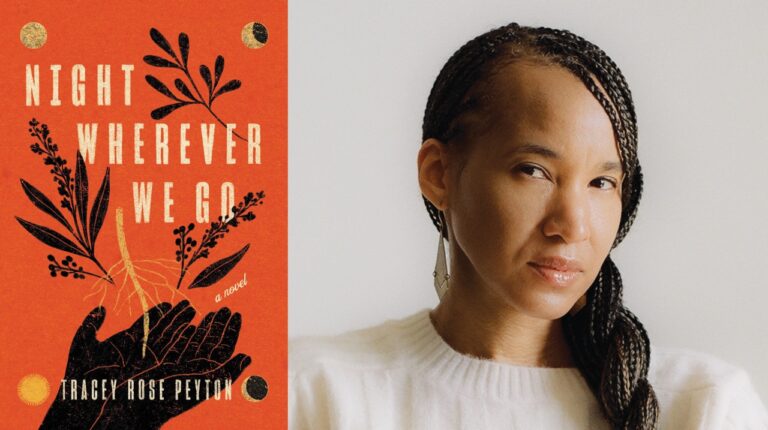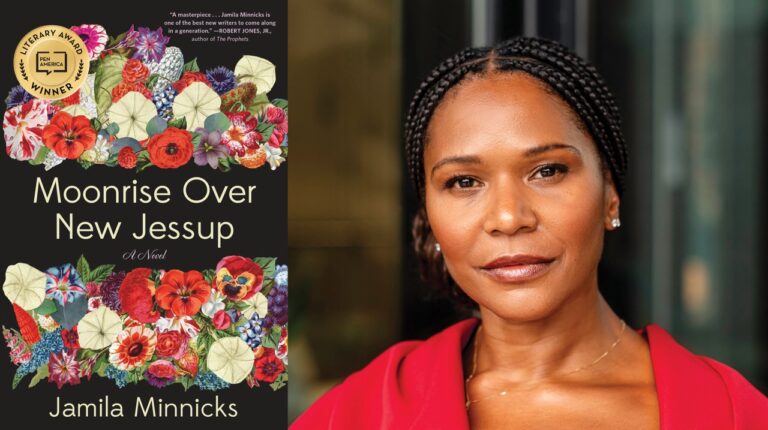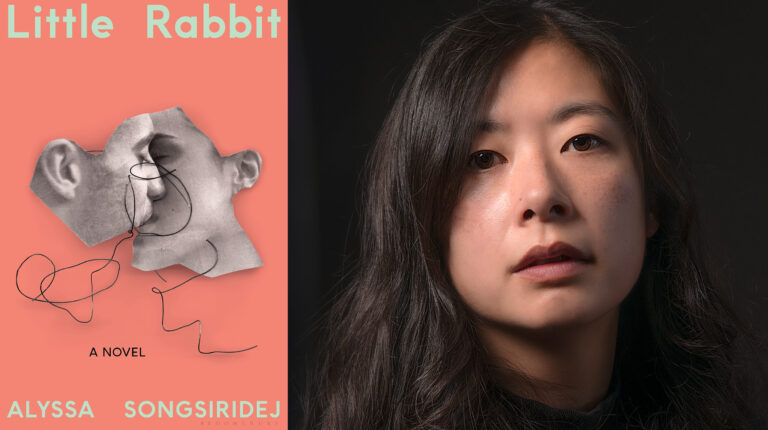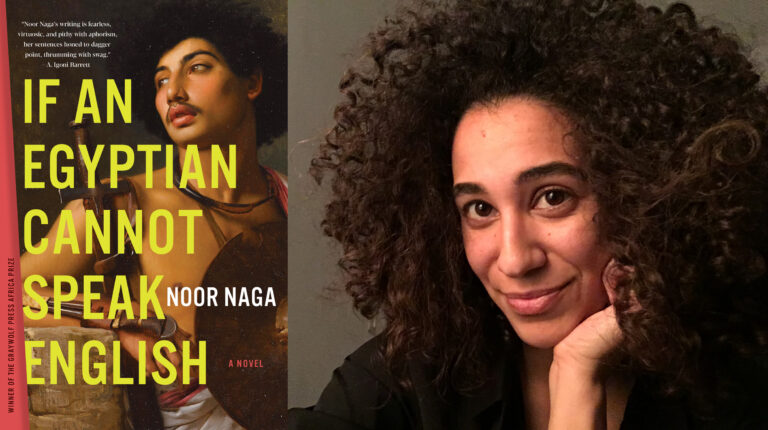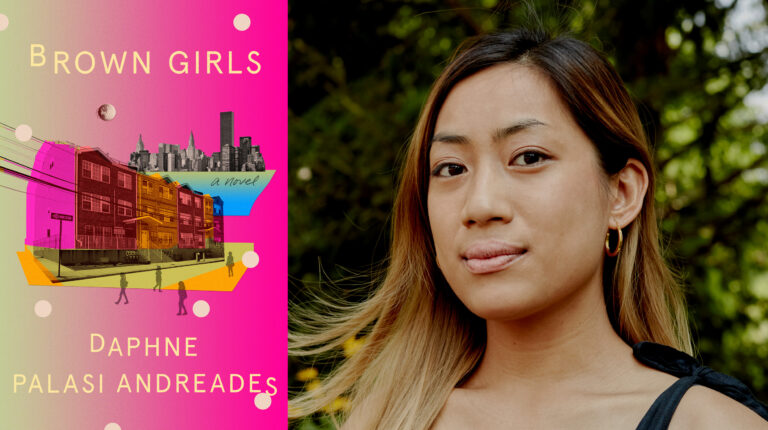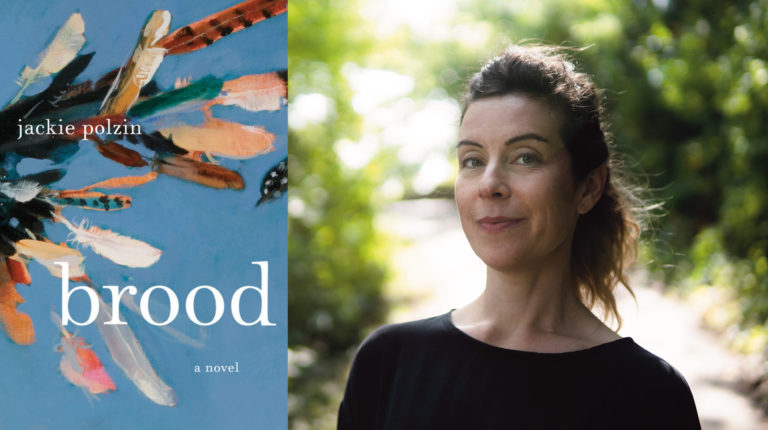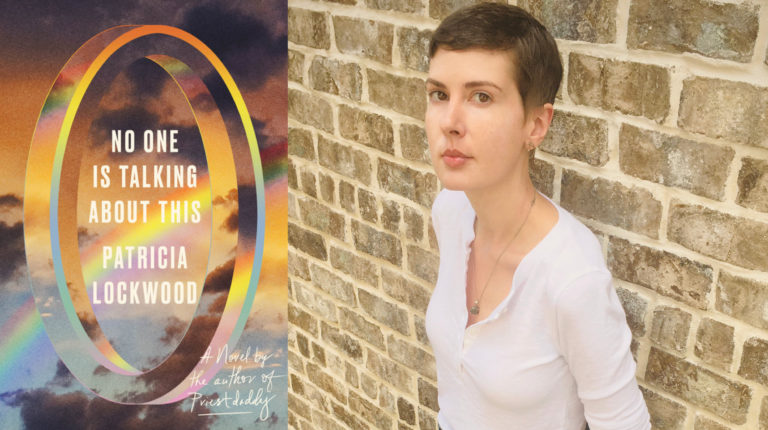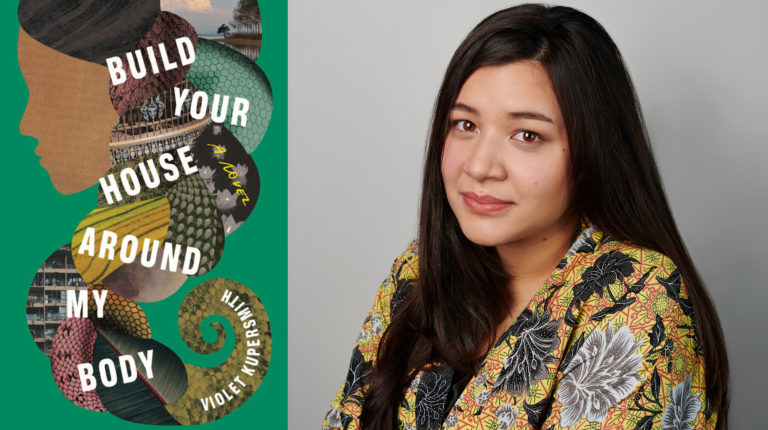Led by NYU professor Rebecca Falkoff, our Neapolitan Novels reading group will explore what makes Ferrante’s tetralogy so powerful and why the books inspire such strong emotions in readers. Read our Q&A with Rebecca below. The reading group begins on Monday, September 14.
What drew you to this specific author? What about this story do you think speaks to so many readers?
When I first read Troubling Love more than a decade ago, I was struck by the novel’s revitalization of psychoanalytic concepts and by its challenging representations of sexual violence entrenched in the social. I had the thrilling experience of beginning the tetralogy during the summer of 2014 while vacationing in Ischia, an island in the bay of Naples that figures prominently in the first two volumes.
It seems to me that Elena Ferrante’s Neapolitan novels capture something essential and universal about longing and loss. The affective plenitude experienced by the reader is produced through thematic and structural loss: that of Lila, who has “volatilized herself,” disappearing without a trace, and that of the Neapolitan dialect, which is all but absent in the novels.
What do you think is the benefit of having a class that encourages reading, especially during COVID and quarantine?
COVID is forcing us to confront many forms of loss, and to find in loss a creative potential. The disruption of our daily routines real conditions of existence offers an opportunity to recalibrate. These are, to use a word Ferrante borrows from the dialect of her mother, “frantumaglia” times, jumbled in fragments: we are be stuck in a “storehouse of time without the orderliness of history, a story.” Fiction can help us think about how these fragments can be rearranged.
This class is for both first time readers and people who are revisiting the story. What do you hope everyone will take away from this group?
One thing I have gained from reading Ferrante’s Neapolitan Novels is a perspective on my own muddled rage and other strong and ugly feelings. I hope that members of the group will also learn something about themselves, though I will not be so presumptuous as to imagine what that might be.
More concretely, I hope that first-time readers will get beyond the hype of Ferrante’s wild success and enigmatic identity to engage with the literary and cultural richness of the novels, and that returning readers will gain greater understanding of their brilliant complexity. Participants are encouraged bring their own questions and observations.
You are a literature professor. What’s your favorite thing about teaching literature?
I sometimes think that I enjoy rereading more than reading, though I sometimes believe that all reading is rereading. I also enjoy rewriting more than writing, and one of the things I find exciting about teaching is rewriting syllabi in order to exploring the new interpretations that arise from different juxtapositions and collections of texts. I also just love discussing these novels.



